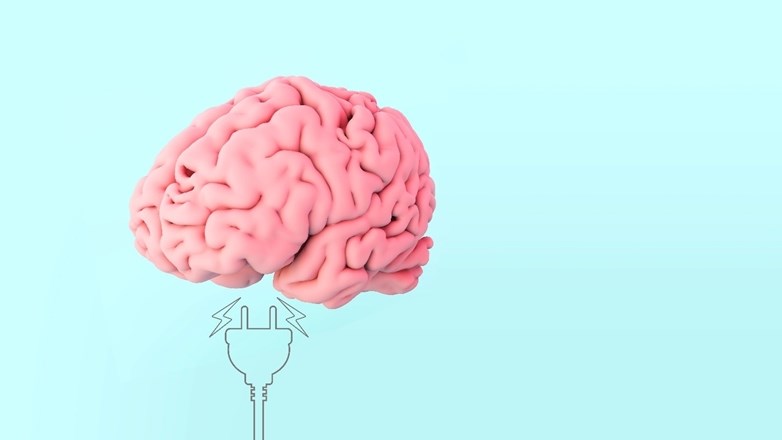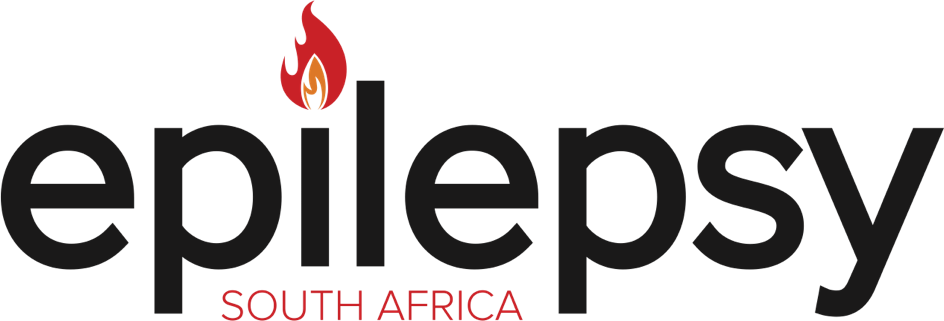Health
International Epilepsy Day aims to bring this condition into conversations around the globe─── 09:00 Mon, 10 Feb 2025

Epilepsy is not a mental illness, psychiatric disorder, infectious or contagious. It is a physical condition characterised by unusual electrical activity in the brain. National Director of Epilepsy SA joins Yolanda Maartens to stamp out the stigma!
International Epilepsy Day is marked annually around the world on the 10th of February and aims to inform young and old of the misconceptions regarding epilepsy and to stimulate conversations in the workplace, home and school about the condition.
The national director of Epilepsy South Africa joins Yolanda Maartens this Epilepsy Week to stamp out the stigma associated with epilepsy. They also unpack the importance of accommodating employees with epilepsy in the workplace.
DISCLAIMER: This content/conversation is not intended to be a substitute for professional medical advice, diagnosis or treatment. Always seek the advice of your physician or other qualified health provider with any questions you may have regarding a medical condition.
Epilepsy is a symptom of a neurological condition, evident through seizures.
In approximately 66% of cases, the underlying cause of epilepsy is unknown. This is called idiopathic epilepsy. In the rest of cases, the underlying cause can be identified. This is called symptomatic epilepsy.
Symptomatic epilepsy can be ascribed to several underlying causes, including a head injury which may occur at any age, a birth injury (e.g. the lack of oxygen during birth), alcohol and/or drug abuse, degeneration (i.e. getting older), and metabolic or biochemical disturbances or imbalances.
What should you do if someone has a seizure?
- Remain calm and be reassuring. The person may be unaware of the seizure.
- Time how long the seizure lasts but remember that a seizure cannot be stopped.
- Protect the person from injury. Cushion the head. Do not restrict movement or put anything into the person’s mouth. Loosen any tight clothing and remove glasses (if possible).
- Help breathing by putting the person on his/her side in the first aid recovery position. Stay with him/her until fully recovered.
- Remove harmful objects and (if possible) guide the person away from danger.
- After the seizure talk quietly to reassure him/her until fully recovered, bearing in mind that the person may be confused.
- Call an ambulance if the seizure lasts longer than six minutes.
Inform the person what happened once fully recovered to enable him/her to record this information in the seizure diary – an invaluable aid to the medical team.

Epilepsy SA’s main focus and function is to advocate for the rights of people with epilepsy as guaranteed in the South African National Constitution, the United Nations Convention on the Rights of Persons with Disabilities, and the White Paper on the Rights of Persons with Disabilities.
They achieve this through education, empowerment and consciousness. For example, they provide training about the condition to people with epilepsy and the general public. In addition, they offer advocacy and human rights training to people with epilepsy and other disabilities to enable them to intercede in terms of their condition and their human rights.
The right to work and earn an income is a basic human right described in our country’s constitution. Epilepsy South Africa strives to address employment imbalances in terms of people with epilepsy through:
- Advice, vocational guidance and advocating for the rights of employees with epilepsy.
- Proficiency (skills) development, income generation projects and protected workshop for people with epilepsy.
- A small business and entrepreneurial development programme to develop employment opportunities to integrate people with epilepsy in the community.
Epilepsy South Africa further guarantees that people with epilepsy have access to social security in terms of disability grants, healthcare and the maintenance of a healthy lifestyle to develop optimal functioning and improve the potential of people with epilepsy.
Rehabilitation care focuses on residential facilities to ensure that people with epilepsy receive sufficient physical and emotional care.
Educational Trust
Epilepsy South Africa is particularly proud of their Educational Trust which provides bursaries to students with epilepsy for tertiary studies.
Listeners can contact their nearest Epilepsy South Africa Branch by phoning their toll-free number: 0860 EPILEPSY (0860 374 537), visiting their website at www.epilepsy.org.za or finding and following them on Facebook. They can also email info@epilepsy.org.za.
OFM cg
















